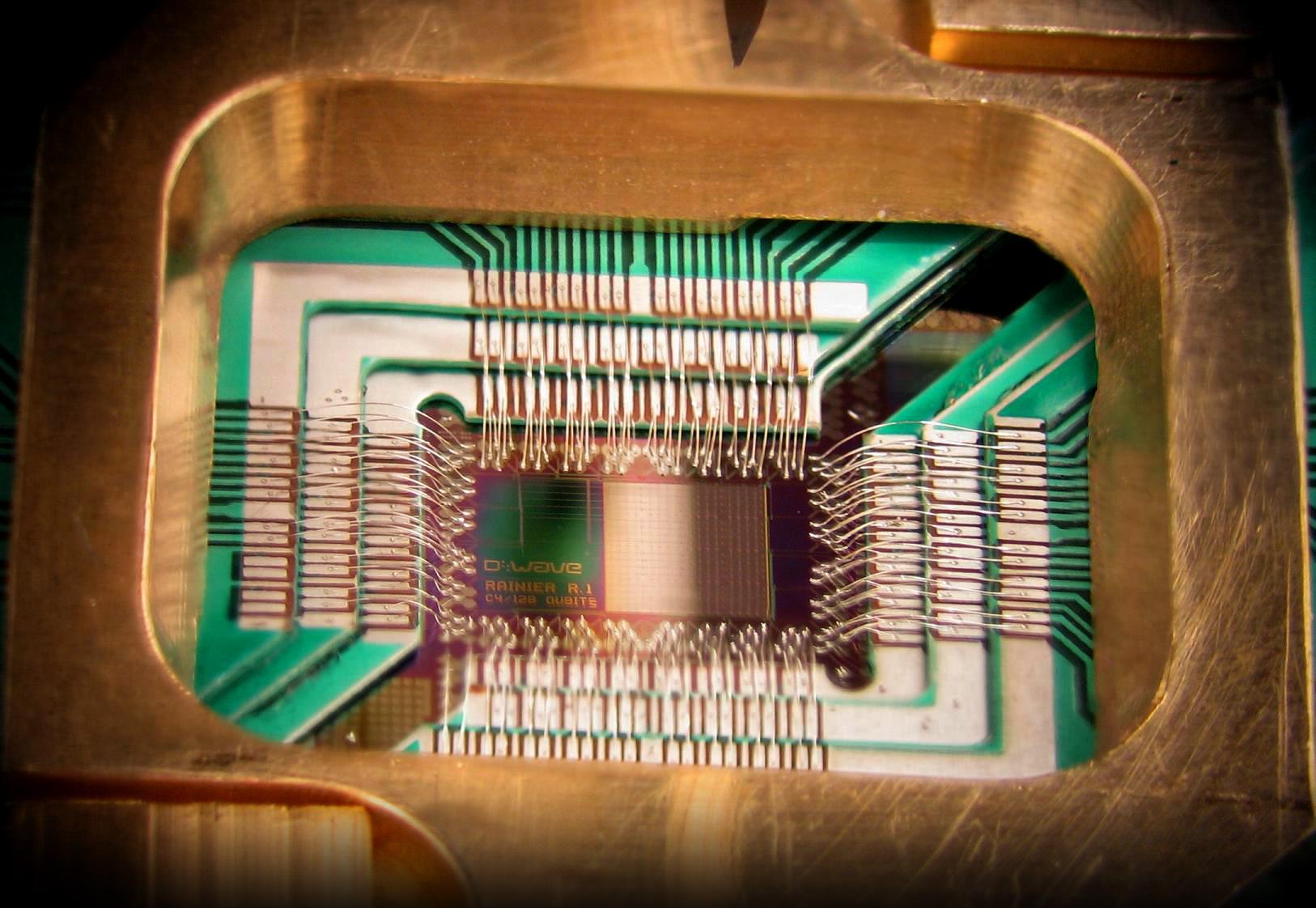So the brain is pretty good at thinking because it has a lot of connections between neurons
the limitation is the number of connections, the more the better
when building a computer, is there a way of making one that doesn't has this limit of a physical "cable" connection between two places?
instead of using "cables" it will use the electromagnetic force, so problems like simulating the gravitational force between particles will be solved in O(1)
does a computer that work in this way has a name?












